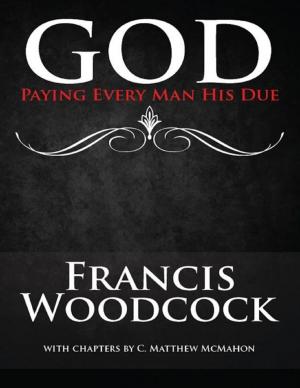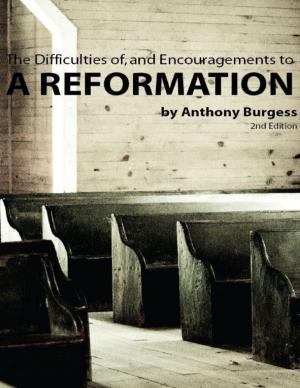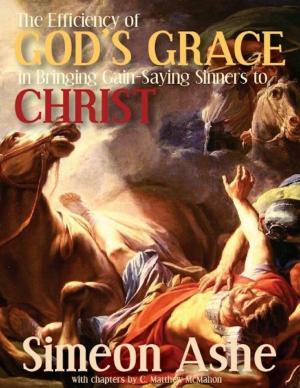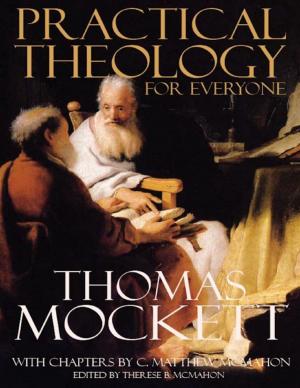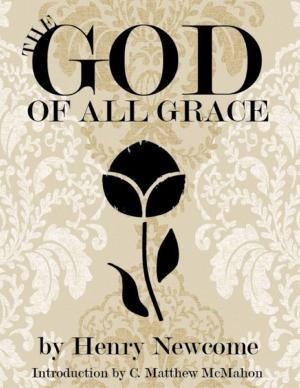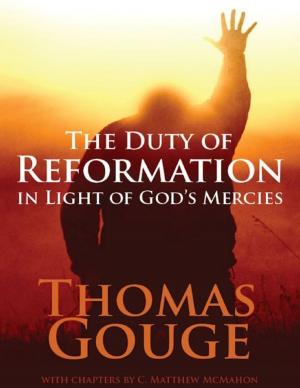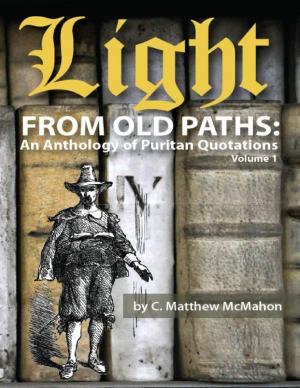The Christian's Duty to Reject Christmas
Nonfiction, Religion & Spirituality, Christianity, General Christianity| Author: | C. Matthew McMahon, Thomas Mockett | ISBN: | 9781626631601 |
| Publisher: | Puritan Publications | Publication: | November 8, 2015 |
| Imprint: | Puritan Publications | Language: | English |
| Author: | C. Matthew McMahon, Thomas Mockett |
| ISBN: | 9781626631601 |
| Publisher: | Puritan Publications |
| Publication: | November 8, 2015 |
| Imprint: | Puritan Publications |
| Language: | English |
Thomas Mockett (or Mocket) (1602-1670), was a scholar and Reformed preacher of the Gospel during the era of Westminster. Calamy describes him as, “a very pious, and humble man.” Mockett’s argument in this work is directed to well-meaning Christians who are defiling the Regulative Principle – that God alone determines the manner and time in which sinners are to approach him. He writes against the, “observation of Christ’s nativity,” and shows the Christian how he is to reject adding Christ into Christmas as a religious or worship observance. Mockett is demonstrates the ill-use of trying to reclaim Christ for Christmas as an unholy venture. He will show that it is a detestable, sinful practice to put Christ back into Christmas since men have no warrant from God to do so. Though they do this in pretense of honoring Christ in a day of worship, and do so with a sincere heart, as Mockett shows, “Good intentions and well meanings cannot justify any unwarrantable practice.”
Thomas Mockett (or Mocket) (1602-1670), was a scholar and Reformed preacher of the Gospel during the era of Westminster. Calamy describes him as, “a very pious, and humble man.” Mockett’s argument in this work is directed to well-meaning Christians who are defiling the Regulative Principle – that God alone determines the manner and time in which sinners are to approach him. He writes against the, “observation of Christ’s nativity,” and shows the Christian how he is to reject adding Christ into Christmas as a religious or worship observance. Mockett is demonstrates the ill-use of trying to reclaim Christ for Christmas as an unholy venture. He will show that it is a detestable, sinful practice to put Christ back into Christmas since men have no warrant from God to do so. Though they do this in pretense of honoring Christ in a day of worship, and do so with a sincere heart, as Mockett shows, “Good intentions and well meanings cannot justify any unwarrantable practice.”

